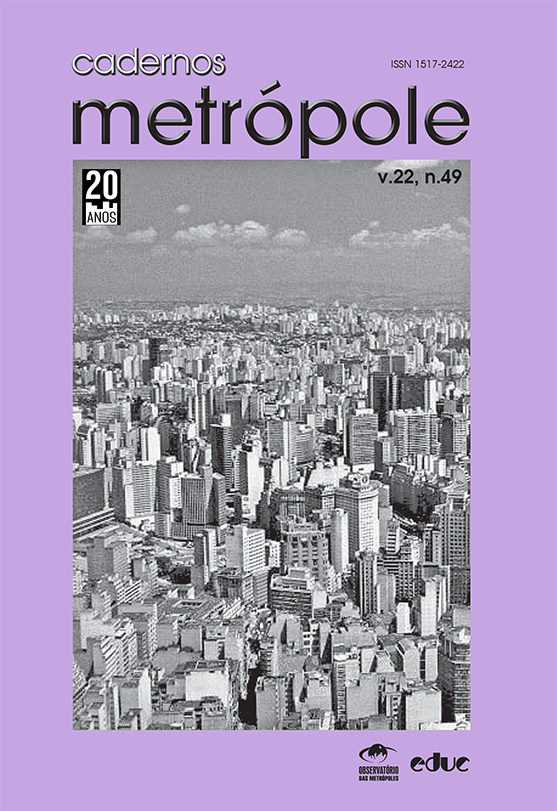Popular participation and democratic management – Salvador as metaphor
DOI:
https://doi.org/10.1590/2236-9996.2020-4916Keywords:
participation, democracy, master plan, res publica, SalvadorAbstract
This paper discusses the role played by popular participation in the preparation of master plans in Brazilian cities, addressing the case of Salvador. Master plans are defined as instruments that democratize the management of the res publica. The paper proposes a reflection on the limits and possibilities of the exercise of democracy in the current context in which the political party known as PMDB has a huge influence in the Brazilian politics. That reflection is supported by concepts such as participation, the right to the city and democracy, and the research sources used in our study were official documents and semi-guided interviews. The study concludes with the thesis that the recent advance in the democratization process of the construction of Salvador’s Master Plan finds limits in the persistent situation of inequality, in the radicalization of the instrumentalization of participation, in the government’s capture by private interests, and in the abandonment of politics.Downloads
Published
2020-08-26
How to Cite
Carvalho, I. M. M., & dos Santos, M. E. P. (2020). Popular participation and democratic management – Salvador as metaphor. Cadernos Metrópole, 22(49), 1033–1058. https://doi.org/10.1590/2236-9996.2020-4916
Issue
Section
Artigos Complementares
License
A revista não tem condições de pagar direitos autorais nem de distribuir separatas.
O Instrumento Particular de Autorização e Cessão de Direitos Autorais, datado e assinado pelo(s) autor(es), deve ser transferido no passo 4 da submissão (Transferência de Documentos Suplementares). Em caso de dúvida consulte o Manual de Submissão pelo Autor.
O conteúdo do texto é de responsabilidade do(s) autor(es).


